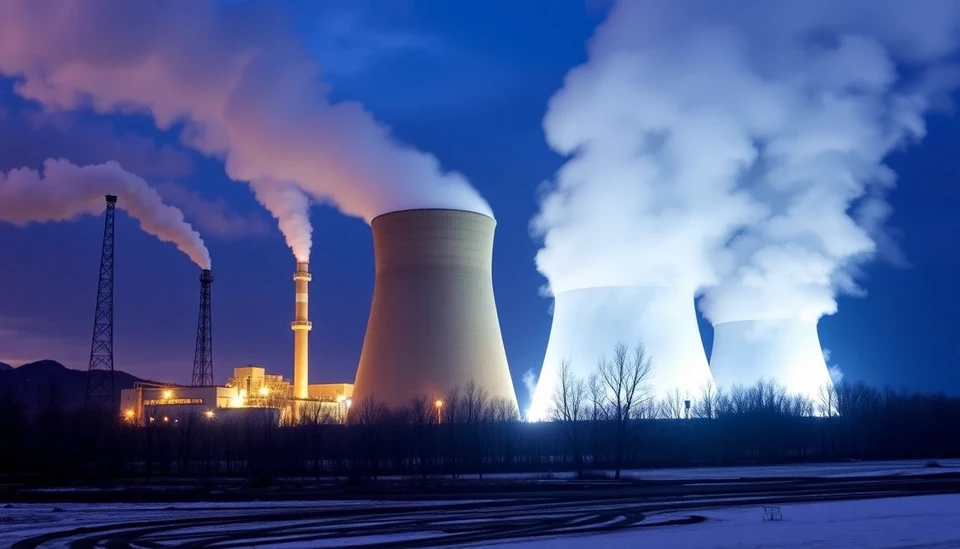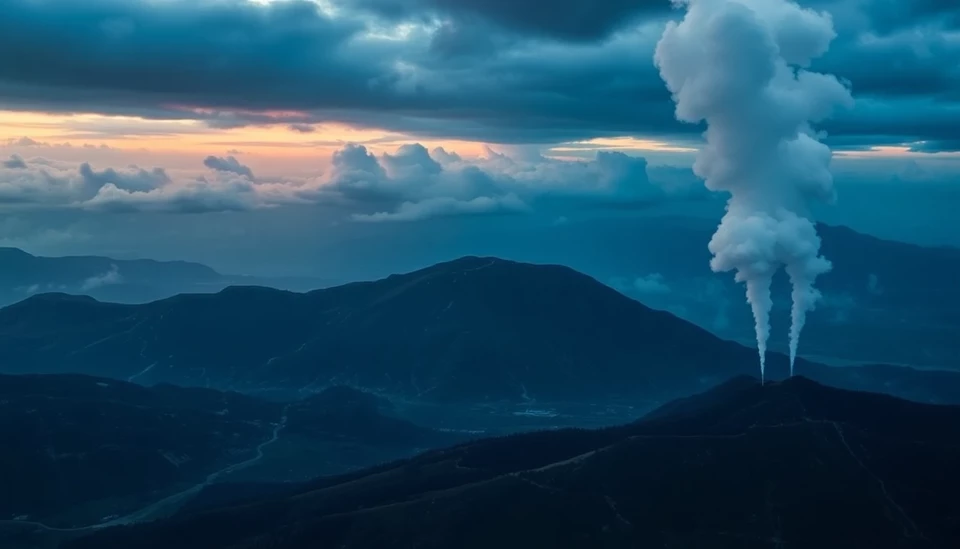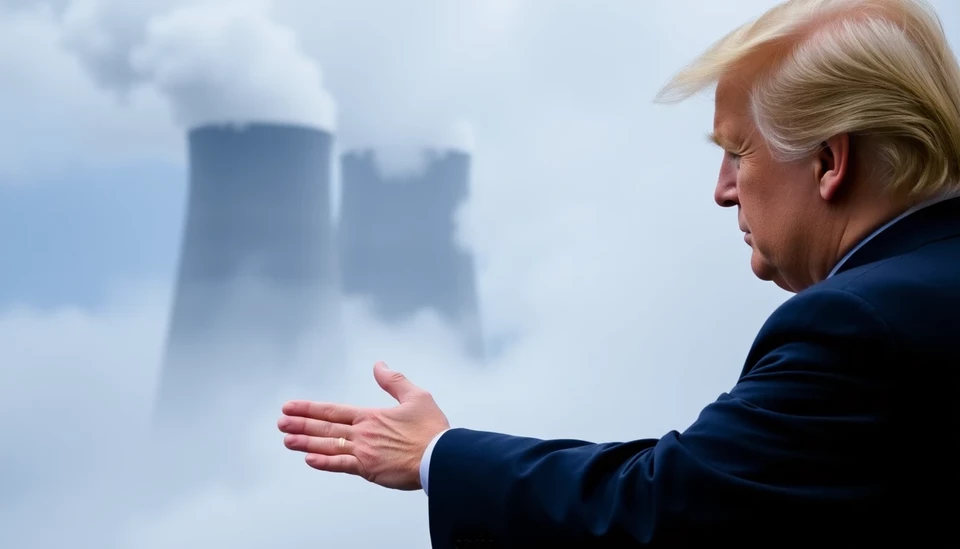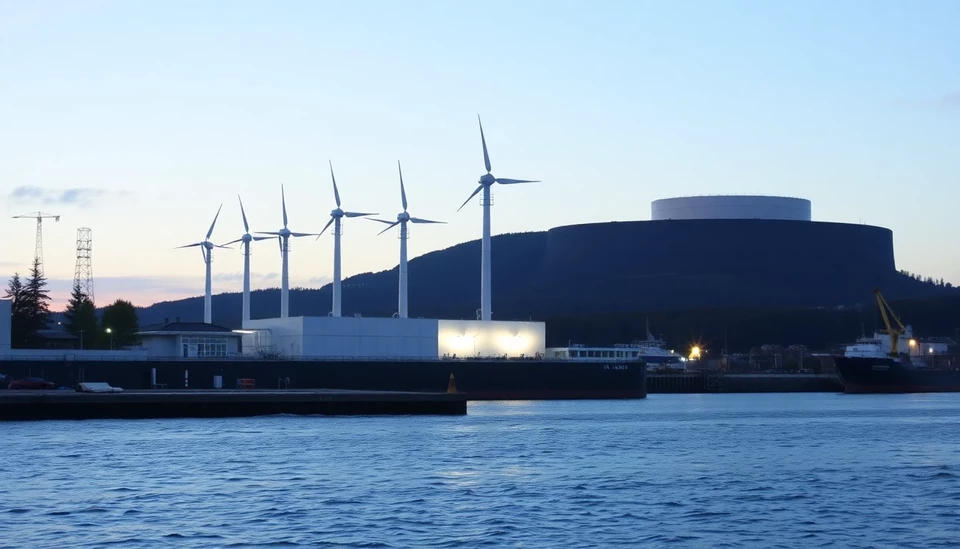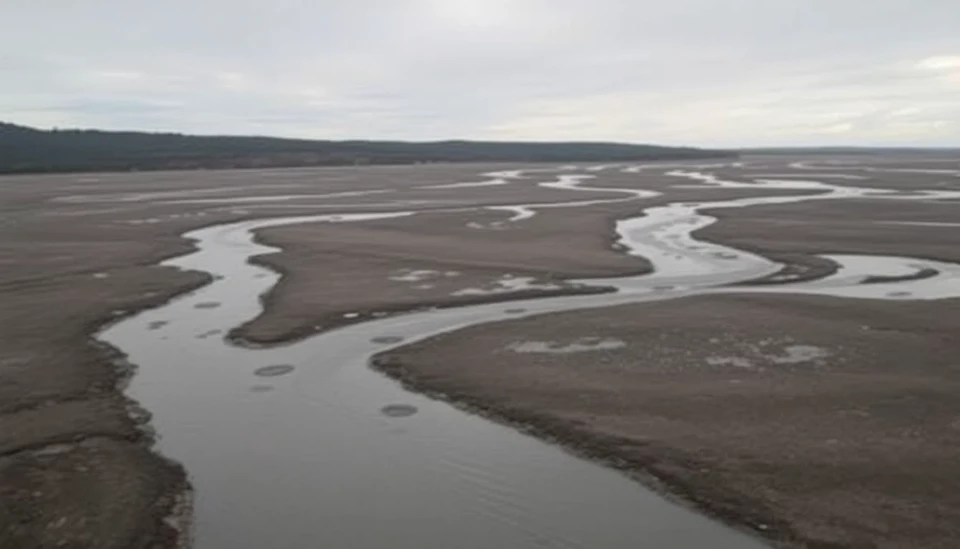
The ongoing discourse around environmental sustainability has intensified with the recent scrutiny of an innovative project aimed at carbon capture within Canada’s oil sands. This development has not only drawn the attention of environmental activists but has also sparked significant concerns among First Nations communities regarding its potential implications.
The carbon capture initiative, which is designed to reduce greenhouse gas emissions produced by oil sands operations, is touted as a critical step in combating climate change. However, the First Nations, who are significant stakeholders in the land where the project is being implemented, are raising alarms about the potential environmental impact and the lack of adequate consultation during the planning phases.
Representatives from several Indigenous communities have openly expressed their trepidations, arguing that they feel sidelined in discussions regarding natural resource management that directly affects their territories. These communities emphasize their ancestral ties to the land and insist on the necessity for their voices to be integral to the decision-making process. They argue that history has shown that resource extraction projects often come at the expense of their land, culture, and wellbeing.
Critics of the project contend that while carbon capture technology holds promise, it does not address the broader issue of fossil fuel consumption and its environmental repercussions. According to these voices, the focus should instead shift towards more sustainable energy solutions rather than investing in technologies that prolong the life of carbon-intensive industries.
Adding to the complexity of the situation, some First Nations leaders have engaged in discussions with project developers in an effort to navigate their concerns, seeking to establish a framework that prioritizes their rights and environmental stewardship. These negotiations reflect a desire for collaboration but also highlight the challenges of reconciling Indigenous rights with industrial ambitions.
As the project gears up for implementation, both the government and the oil companies involved will need to tread carefully, balancing the imperative for economic development with the rights and voices of Indigenous communities. The outcome of this endeavor could set a precedent for future resource projects in Canada, potentially altering the landscape of Indigenous consultation and environmental stewardship in the energy sector.
As the debate continues, it remains to be seen whether this carbon capture project will be perceived as a genuine step towards sustainability or a controversial initiative that risks undermining the rights of First Nations and the health of the planet.
For those closely following developments in sustainable energy and Indigenous rights, this ongoing controversy serves as a crucial reminder of the need for inclusive dialogue in the face of pressing environmental challenges.
#CarbonCapture #OilSands #IndigenousRights #Sustainability #ClimateChange #FirstNations
Author: Megan Clarke

